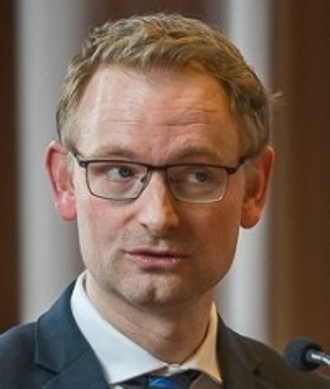Researching research
Leiden University has a centre that studies and evaluates the conduct of scientific research: the Centre for Science and Technology Studies (CWTS). The social scientists who work there conduct research into the dynamics of academic research around the world. Their research increases our knowledge of the international academic system and the evaluation of academic research.
The unit of Professor of Methodology and Statistics of Psychological Research Mark de Rooij focuses on improving statistical methodology. His researchers use computer simulations to evaluate which statistical methods are applicable to which types of research. The results enable them to draw up guidelines that help psychologists select the right method for their research.
New insight into society
The focus on methodology delivers powerful insights in various academic disciplines. For instance, political scientists Tom Louwerse and Simon Otjes discovered why one MP is much more active than another by examining the number of motions, amendments and parliamentary questions that MPs tabled.
Careful choice of method also enabled researchers from Leiden in Education and Child Studies to gain insight into the wellbeing of small children in noisy and quieter day care centres. Another example is economic anthropologist Erik Bähre, who chose to use the extended case study in his research into the causes of inequality and violence in South Africa. He wanted to learn about the effect of insurance companies on daily life in South Africa. His research included talking to people, participating in daily life in the townships and analysing websites and documentation.
Faculty of Social and Behavioural Sciences
Centre for Science and Technology Studies


















